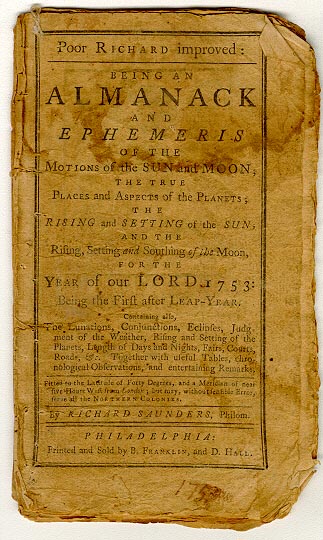Is art to lead us in the pursuit of truth, goodness and and the beautiful?
The culture of the kingdom of God is marked by Truth, Beauty and Goodness, the cultural trinity. (We have written about this here.) The West was built upon the pursuit of this trinity, born out of the character of the living God. This pursuit has been the time-honored quest of Greece, Rome and Jerusalem. But as the larger culture declined the pursuit of truth, it also lost the sense of the good and the beautiful.
 Who does not remember the phrase “beauty is in the eyes of the beholder”? This saying was born out of a framework which denies any objective standard for beauty; beauty is established by the observer. Benjamin Franklin, writing in 1741 in Poor Richard’s Almanack, said, “Beauty, like supreme dominion, is but supported by opinion.” In 1742, David Hume shared similarly: “Beauty in things exists merely in the mind which contemplates them.”
Who does not remember the phrase “beauty is in the eyes of the beholder”? This saying was born out of a framework which denies any objective standard for beauty; beauty is established by the observer. Benjamin Franklin, writing in 1741 in Poor Richard’s Almanack, said, “Beauty, like supreme dominion, is but supported by opinion.” In 1742, David Hume shared similarly: “Beauty in things exists merely in the mind which contemplates them.”
When I was a younger Christian, I understood that truth and goodness (morality) were objective, but I had bought into the lie that beauty was in the eye of the beholder. I was a Christian in my heart, but not in my mind. I had inconsistently borrowed a concept about art from a relativistic framework.
If God is denied, man is the center of the universe. Man has the power to determine right and wrong, truth and falsehood, beauty and the hideous.
If there’s no God, there’s no standard for beauty
This is illustrated in the Answers.com article, “Does art always have to be beautiful?”
No. Art is about creation, being unique, and personality. Sometimes it is ugly, but it is still art. Beauty is in the eyes of the beholder. What is beautiful to one person is spiteful to another. Also, art expresses an idea, emotion, and/or truth. What we are conditioned to consider (generally) “beautiful” or “ugly” can change with the swipe of a brush or the turn of a century.
It is important, within the confines of the question, to remember that there are two separate parts to the Art process: 1. The creation or intent of the artist and 2. The interpretation and taste of the viewer. So, to answer the question Does art always have to be beautiful? No. It just has to be something for the viewer to react to.
If we live in a universe without God, Answers.com is correct. The eye of the beholder is the only standard available by which to judge beauty. There is no objective truth, beauty, or goodness to drive people and civilizations forward; there is only opinion, interpretation and taste.
That was my thought until I read Fr. Thomas Dubay’s book, The Evidential Power of Beauty. Dubay argues that beauty springs from God’s nature. Of all that is beautiful, God is most glorious. We have written about this here.
The evidential power of beauty is this: it reveals truth and goodness. In fact, these three elements of human pursuit are not siloed; they are part of the integration of the life-giving dance – perichoresis.
Beauty is a moral necessity
Cynthia Maus captures this linkage when she writes:
We are so accustomed to thinking of beauty as merely decorative and ornamental that we forget that beauty is a moral necessity. God wrought beauty in the structure of the universe. Beauty is the highest form of righteousness. Beauty and truth are not separated in God’s world, and they ought not to be in human thought. God, who gave as much care to painting a lily as to forming the eternal hills, joined truth and beauty in holy union; and what God has joined together, man ought not attempt to put asunder, because beauty has a moral value for truth.[i]
Artist, illustrator, and musician, Robert Florczak describes how art has been reduced to the mundane and hideous in this powerful five-minute course (that has gone viral) from Prager University. (Go here if the video does not appear.)
 Let us end with an observation from C.S. Lewis: “An author should never conceive of himself as bringing into existence beauty or wisdom which did not exist before, but simply and solely as trying to embody in terms of his own art some reflection of that eternal Beauty and Wisdom.”
Let us end with an observation from C.S. Lewis: “An author should never conceive of himself as bringing into existence beauty or wisdom which did not exist before, but simply and solely as trying to embody in terms of his own art some reflection of that eternal Beauty and Wisdom.”
- Darrow Miller
[i] Quoted in Becoming True Worshipers: Experience More of God’s Presence Through Deeper Worship by M. Thomas Seaman, 106.






